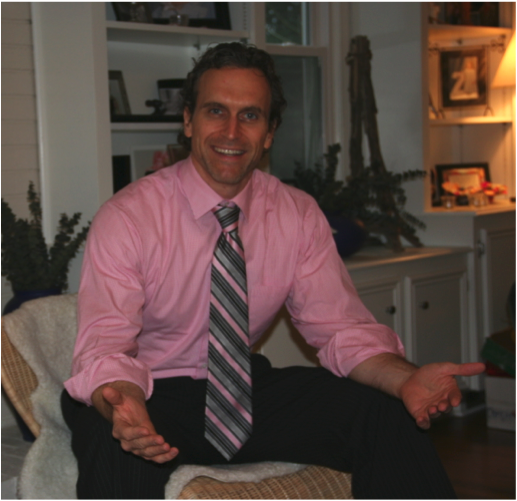An inventor is simply a person who doesn’t take his education too seriously. You see, from the time a person is six years old until he graduates from college he has to take three or four examinations a year. If he flunks once, he is out. But an inventor is almost always failing. He tries and fails maybe a thousand times. It he succeeds once then he’s in. These two things are diametrically opposite. We often say that the biggest job we have is to teach a newly hired employee how to fail intelligently. We have to train him to experiment over and over and to keep on trying and failing until he learns what will work.”
— Charles Kettering (head of R&D at GM from 1920-1947)
- What is your reaction to failure (I admit that I struggle…I’m working on it!)?
- How can we take the “sting” out of our failures and turn them into learning experiences (many successful people are masters of this)?
- Are we doing this for our followers and those around us (or the opposite)? How can we foster a more positive approach to failure in our organizations, teams, marriages, families…?
- Considering the above, what do you resolve to do differently – starting today?
Be inspired, take action, help others by sharing…
Picture: 100years.woolpert.com





Failures hurt, there’s no doubt about it, which is the first and main reason that turning failures into learning experiences can be so difficult. But I’m finding more and more that I have a tendency to OVER-learn from failures – to toss the baby out with the bath water, so to speak, and to change up too much on my next attempt at something. By completely changing my approach, I’m introducing too many new variables into the equation and, even if it succeeds, I may or may not be able to replicate that experience or to isolate what I did differently to make it a success so that I can then carry that over to other endeavors. I’m trying to look at failures at “almost successes” and to better identify and isolate what it is that went wrong and what actually went right. It’s a struggle, though, but maybe one that comes naturally to us obsessive neurotics!
Great topic Johannes, plenty of room for expansion and I think you’d get a lot of hits. The word ‘failure’ is loaded and holds back so many people from self-actualization. It’s a case of context and perspective, and the perception of failure pushes people into the corner with the dunce cap on. In fact, you’re much closer to success after failure. See: Viagra case study, quotes by Samuel Beckett, Steve Jobs. I’m not advocating that if a person/organization sets goals and does not achieve them, there should be some reward. But meeting/exceeding corporate goals (mostly, increasing shareholder value) has put the fear into managers and employees…the fear of failure…
Hello Brian! So good to hear from you and thanks for the honor of your comment. I couldn’t agree more with your perspective. I’ve been doing a lot of work in the area of innovation over the last 2 years. One of the key learnings from all the benchmarks is the importance of failure on the way to success. In fact, having a culture that makes it “safe to fail” is a key factor that boosts innovation. Especially since 75%-90% of attempts fail and successes often come out “their ashes.” Thanks again for your insights!
Very relevant considering my current roles and responsibilities. I’m not a big ‘fan’ of failure, but it sure stings a lot less when you don’t get ‘whacked’ every time you fail. I’ve been trying to be much less negative responding to failures at home. I may need to work on that in the business setting too!